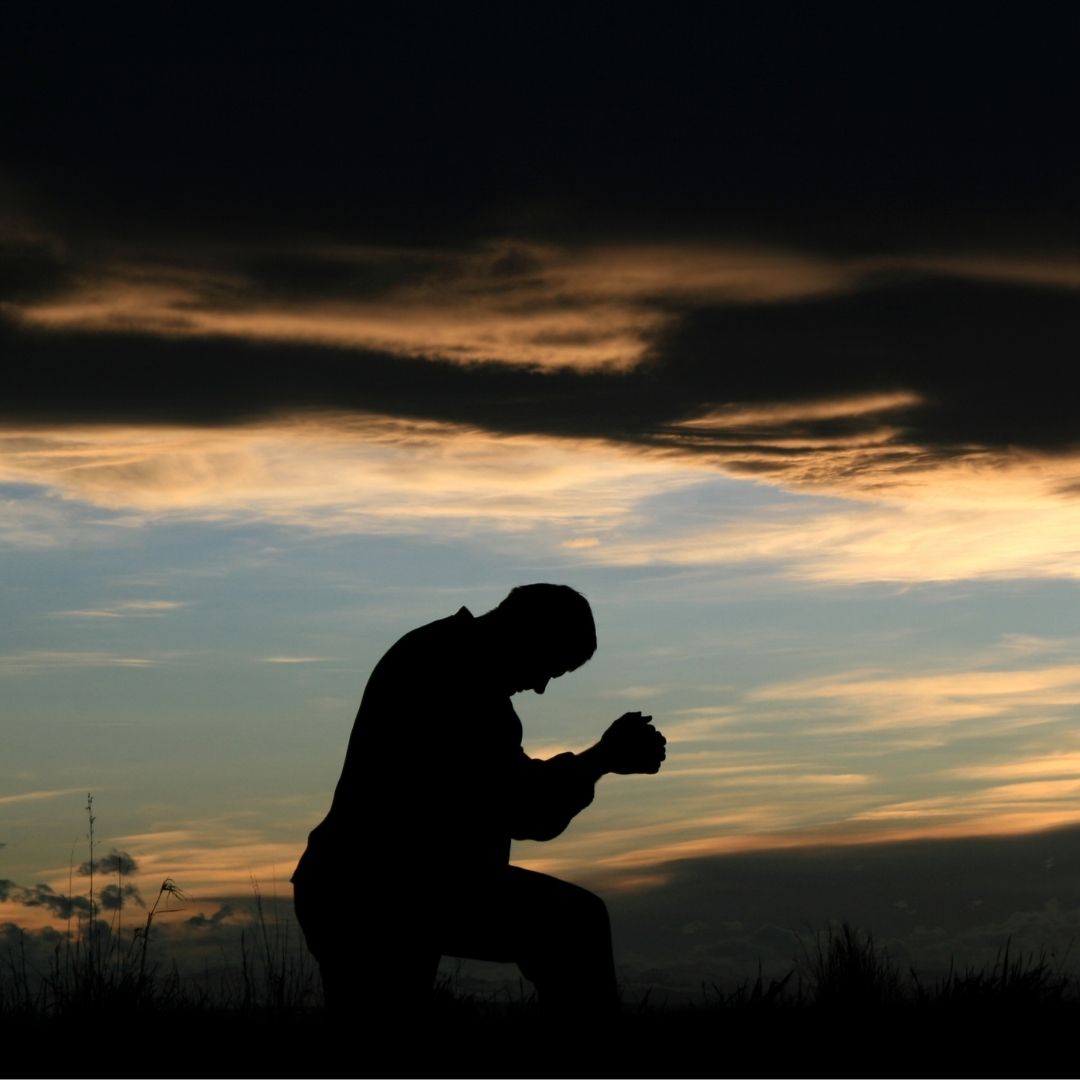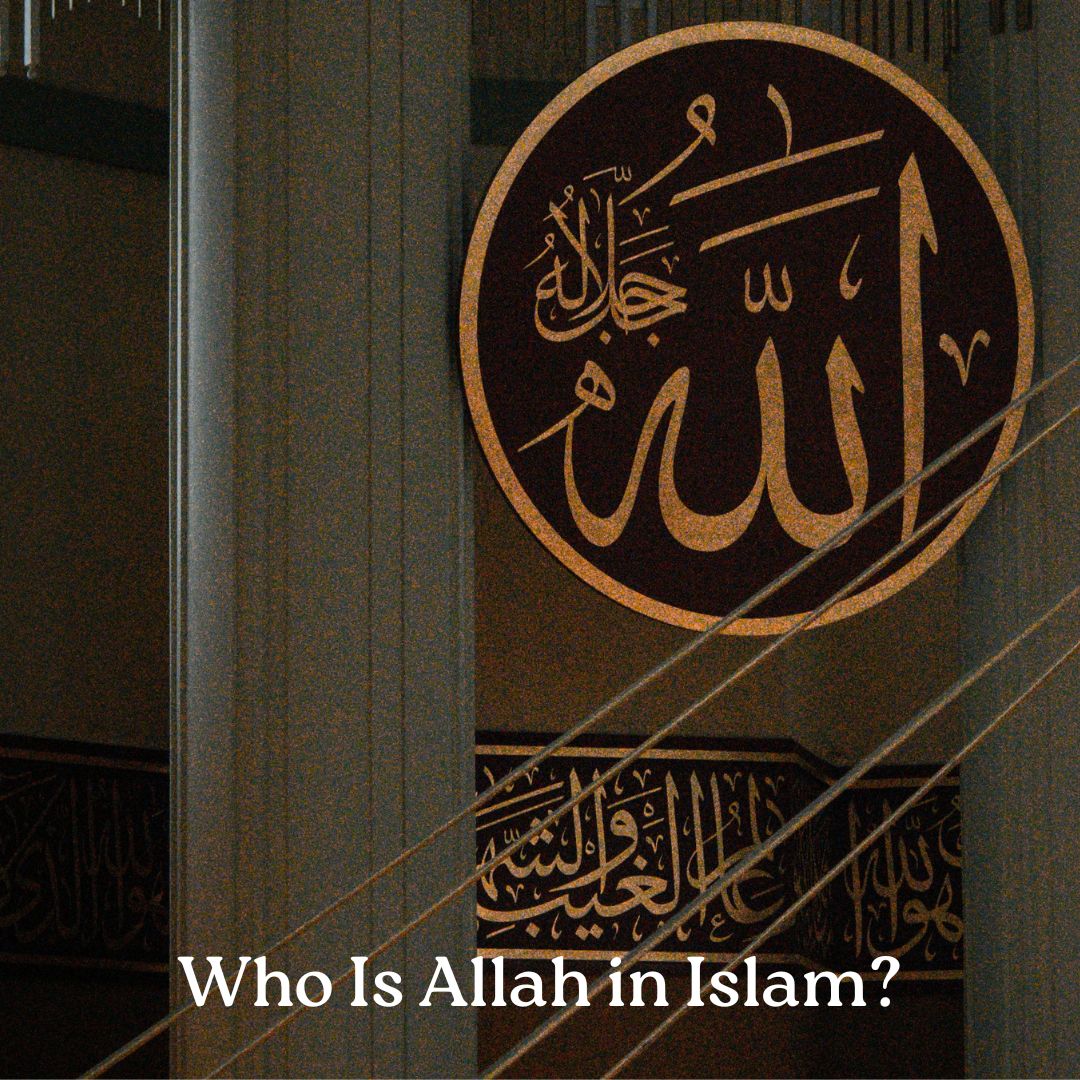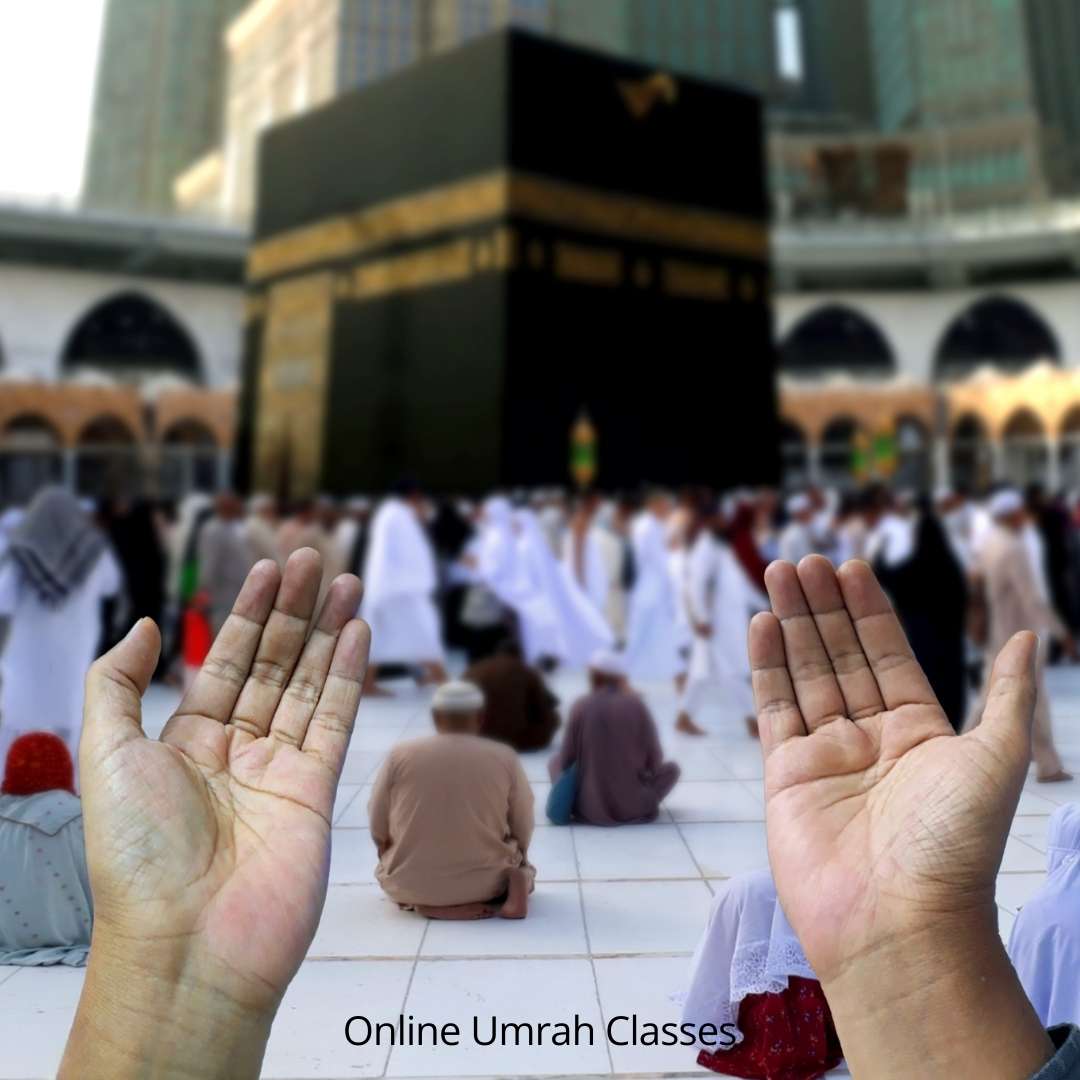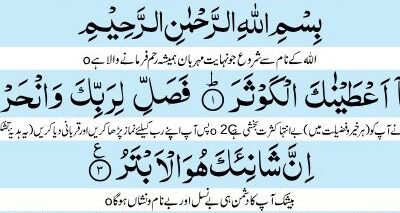Blog
Astaghfar

The yearning for peace, cleanness, and intimacy with the Divine is a deep one in the heart of every believer. One of the most powerful and beautiful actions that quench this passion is Astaghfar – a request for Allah’s forgiveness. No human being, however righteous, is immune to errors. But, Allah in His infinite mercy has kept the gates of repentance open to all sinners so that they may turn back, commence afresh, and be born again in the spirit.
Prophet Muhammad ﷺ, who was an infallible, sinless creation, would request forgiveness about 100 times in a day. This is what we learn every day by practicing humility: that, regardless of one’s piety, Astaghfar (استغفار) is the greatest cleanser of the soul and the gateway to Allah’s grace.
What Is Astaghfar?
Astaghfar (أستغفار) is an Arabic word that derives from the root ghafr and means to cover, forgive, or protect. When a Muslim says Astaghfirullah, he is saying I seek the forgiveness of Allah.
Astaghfar is not just a sentence, it is an honest admittance of the fault one has made as well as an earnest plea before Allah. It is a medicine that is spiritual and a reassertion of belief.
Allah declares in the Qur’an:
And whoever commits an evil, or is wronged by an injustice, and repents it to Allah, undoubtedly Allah is Forgiving and Merciful.
(Surah An-Nisa, 4:110)
Astaghfar is, in fact, a guard against sin as well as a door to the love, spiritual elevation, and peace of mind of God.
Astaghfar in the Qur’an
In the Quran, the believers are constantly reminded of the need to forgive, as a reward to both worldly and heavenly rewards. Of the many verses some can be specially mentioned as rich in content and beautiful besides:
Surah Az-Zumar (39:53): The Cry of Hope.
O brethren mine who have sinned upon themselves! Jezz an hope not of the mercy of Allah. It is true that Allah is forgiving of all sins. It is He that is the Forgiving, the Merciful.
It is among the most comforting verses of Quran. It is a reminder to man that he should not commit any sin that is too great to be forgiven by Allah -the loss is to lose hope of his forgiveness.
Surah Hud (11:3)
“Take thy Lord unto thy forgiveness, and repentance unto thy Lord, that He bestow thee goodly provision (to be specially settled) and reward every doer of good his reward.
In this verse, Allah links Astaghfar to wealth, sustenance and good existence in a direct sense, which means that forgiveness does not only cleanse the soul, but also the life in the world.
Surah Nuh (71:10–12)
And said, Take forgiveness of thy Lord. He is indeed a Perpetual Forgiver. He will cause [rain of] the sky to fall down on you in droplets, and multiply you in riches and in children, and give to you gardens and rivers.
This ayah is a good connection between Astaghfar and Godly favours, rain, wealth, children, and provision. It depicts that forgiveness is the word that invites in abundance in our lives both material and spiritual.
The Sunnah of Repentance, Astaghfar in the Hadith.
The Prophet Muhammad ﷺ emphasized the practice of Astaghfar in numerous hadiths, which makes the importance of this practice significant to the life of a Muslim on a daily basis.
Day-to-Day Life of the Prophetﷺ.
Anas ibn Malik (RA) narrated:
The Prophet of Allah ﷺ has said:
“By Allah, I forgive Allah and repent to Allah more than seventy times daily.
(Sahih al-Bukhari 6307)
And yet, in case the sinless Prophet ﷺ had to request forgiveness so often, then how much more ought we, we who commit sins so regularly, to make it a habit of piousness?
The Best Form: Sayyidul Istighfar.
The most effective way of seeking forgiveness (Sayyidul Istighfar) would be to say:
“اَللّٰهُمَّ أَنْتَ رَبِّي لاَ إِلَهَ إِلَّا أَنْتَ، خَلَقْتَنِي وَأَنَا عَبْدُكَ، وَأَنَا عَلَى عَهْدِكَ وَوَعْدِكَ مَا اسْتَطَعْتُ، أَعُوذُ بِكَ مِنْ شَرِّ مَا صَنَعْتُ، أَبُوءُ لَكَ بِنِعْمَتِكَ عَلَيَّ، وَأَبُوءُ لَكَ بِذَنْبِي فَاغْفِرْ لِي، فَإِنَّهُ لَايَغْفِرُ الذُّنُوْبَ إِلَّا أَنْتَ.
Allahumma anta Rabbi la ilaha illa Anta, khalaqtani wa ana abduka, wa ana abduka la wahdika wa wa’dika mastata, aghfir li fa innahu la yaghfiru adhdhunuba illa Anta, aboo’u laka bini matika alayya, aboo’u laka bidhanbi, faghfir li fa innahu la yaghfiru adhdhunuba illa Anta.
Whoever utters this in the morning with strong faith and is killed before evening will be of the people of Paradise. Whoever goes to bed reciting it and passes away before daylight, will also be of the folk of Paradise. (Sahih al-Bukhari 6306)
This prayer is known as “Sayyidul Istighfar” – the Master of all those who seek forgiveness – and grants them paradise hereafter, as long as it is recited by the faithful and devoted.
The proper performance of the Ashthagfar.
Astaghfar is not a word, but it is a heartfelt deed. In order to fully enjoy it, one has to use the mind as well as the soul.
Acknowledge the Sin
First, identify the sin that you have committed. Denial shuts the door of repentance: recognition opens it.
Feel Genuine Regret
Let remorse pierce the heart. The Prophet ﷺ said:
The repentance is regretting. (Sunan Ibn Majah 4252)
Make a Decree against Recommitting the Sin.
Repentance requires a choice that one will never commit the same sin again.
Ask Forgiveness Viva Voce.
Indeed, say ‘Astaghfirullah,’ or recite the recommended duas of Astaghfar.
Perform Repentance Acts
The following are included:
- Salat al-Tawbah (Prayer of Repentance): Two rak’ahs of true remorse.
- Tahajjud: This is a powerful moment of asking forgiveness due to the nighttime prayer.
- Charity: Charity done in the name of Allah wipes clean sins and brings good fortune.
- Asalamu’alaikum.
Strong Duas for Astaghfar
Dua of Prophet Adam (AS)
رَبَّنَا ظَلَمْنَا أَنْفُسَنَا وَإِن لَّمْ تَغْفِرْ لَنَا وَتَرْحَمْنَا لَنَكُونَنَّ مِنَ الْخَاسِرِينَ”Our Lord! We have wronged ourselves. Unless You forgive us and have mercy on us, we are all likely to be losers.
(Surah Al-A’raf 7:23)
Dua of Prophet Yunus (AS)
لَّا إِلٰهَ إِلَّا أَنْتَ سُبْحَانَكَ إِنِّي كُنْتُ مِنَ الظَّالِمِينَ
None is the god save You, Glory be to You! Well, I have been one of the wrongdoers.
(Surah Al-Anbiya 21:87)
Sayyidul Istighfar (Sahih al-Bukhari 6306).
“O Allah! Thou art my Lord, no man hath the right to be coveted but Thou. You made me, and I am Your servant. Forgive me, nobody pardons sins except You.
Forgiveness Sunan Abi Dawud 1517 Short Dua.
أَسْتَغْفِرُ اللَّهَ الَّذِي لَا إِلٰهَ إِلَّا هُوَ الْحَيُّ الْقَيُّومُ
أَسْتَغْفِرُ اللَّهَ الَّذِي لَا إِلٰهَ إِلَّا هُوَ الْحَيُّ الْقَيُّومُ وَأَتُوبُ إِلَيْهِ
“I seek forgiveness from Allah, there is no God besides Him, the Living, the Eternal, and I repent before Him.
Advantages and Merits of Astaghfar.
Opens the Doors of Sustenance and Blessings.
Allah promises that those who seek forgiveness will be blessed with wealth, rain, and children. (Surah Nuh 71:10-12)
Eradicates Strains and Fears.
The Prophet ﷺ said:
When one tries to repeatedly ask Allah to forgive him, then Allah will give him an escape out of all the afflictions and relieve him of all problems.
(Abu Dawud 1518)
Purifies Faith and Heart
Astaghfar cleanses the soul of arrogance and hypocrisy, and impregnates it with humility and closeness with Allah.
Conveys Peace and Happiness
Whenever one repents, Allah will fill him/her with calmness rather than conscience, hope rather than hopelessness, and satisfaction rather than sorrow.
A Shield Against Calamities
It is a safeguard against unknown misfortunes and disasters by the constant repetition of Astaghfirullah.
Why Astaghfar Is the Road to Success.
Astaghfar is more than a form of forgiveness of sins, but transformation is a spiritual process. It shapes the personality of a faithful, purifies motives and reestablishes the connection with Allah.
Where a Muslim says repeatedly: forgive me oh lord for my sins:
- Their provision increases.
- Their dua is accepted.
- Their life becomes blessed.
- Their sins are wiped out.
- A lightness and calmness fill their heart.
Some of the usual sins in Astaghfar.
- Insincerity- Saying with the tongue the words Astaghfirullah, yet the heart disobeys.
- Stagnation in sin- Asking forgiveness without the intent to abandon the sin.
- Delayed repentance – It means the repentance in old age and illness; no one can predict when death will come.
- Loss of hope in the mercy of Allah.The conviction that your sins will never be forgiven because they are too great is a sin in itself.
Astaghfar and Mental Peace
Modern studies have come to appreciate the healing power of repentance as well as awareness. Astaghfar is relieving emotionally. It forgives sins, lightens the heart, and drives away worry. To say Astaghfirullah is to acknowledge that you are fallible and to look to the One who is Perfect – it is only by doing this that inner peace and peace of mind are achieved.
Make Astaghfar a Daily Habit
The Prophet ﷺ said:
The one who makes twenty-five daily prayers to Allah seeking forgiveness on the behalf of Muslim men and women, Allah will include him among those whose prayers are accepted. (Reported by al-Tabarani)
Here are the tips on how to make it into your everyday habit:
- Following each prayer, repeat Astaghfirullah 3 times.
- In the morning and evening, repeat Sayyidul Istighfar.
- When you are going to bed, take one minute to think and reflect.
- Whenever in pain or pleasure, accompany yourself with Astaghfirullah.
Conclusion: Never Give in, Always Turn Back.
Astaghfar is a godly jewel that seals hearts, cleaves doors, and puts a believer into the mercy of Allah. Light is what throws light to the dark, the promise when hope is lost, and the process between sin and salvation.
And when your heart sinks and is estranged to your Creator, remember: the mercy of Allah is more than your mistakes. Keep repeating Astaghfirullah, and every time you repeat it, make your heart come home.
Say: O my servants that have wronged themselves, have no despair of the mercy of Allah. Verily, Allah died forgiveness of all sins.
(Surah Az-Zumar 39:53)
And so never lose hope. Forget to blame you now — and start your fresh walk to peace, purity and paradise.
Frequently asked questions concerning astaghfar in Islam.
How often must I say Astaghfirullah?
Repetition of Astaghfar is Sunnah to repeat at least 100 times in a single day like the Prophet ﷺ did.
Is Astaghfar able to eliminate great sins?
Yes, in case he/she repents and is sincere, regretting and desiring not to repeat the sin in the future, Allah Almighty forgives the major and the minor sins.
How should Astaghfar be best timed?
The most blessed are the last third of the night (during Tahajjud) and the interval between Fajr and sunrise.
Can I do Astaghfar for others?
Absolutely. Pardoning other Muslims is a blessing to the one who is repenting and the one being repented.
Does Astaghfar bring blessings of the world as well?
Yes. It is assured by the Quran to those who repent that they will get rich, have children, it will rain, and they will prosper.
Blog
Who Is Allah in Islam?

The question “Who is Allah in Islam?” is one of the most important and fundamental questions a human being can ask. Islam teaches that understanding Allah is the foundation of faith, the starting point of guidance, and the purpose of human existence.
In Islam, Allah is the One, Absolute, and Eternal God, the Creator of everything that exists. He is not exclusive to a particular nation, race, or language. Allah is the same God worshipped by Adam, Noah, Abraham, Moses, and Jesus (peace be upon them all), and His final revelation is the Qur’an.
Allah declares in the Qur’an:
“Indeed, I am Allah. There is no deity except Me, so worship Me.”
(Surah Taha 20:14)
To understand Islam correctly, one must first understand who Allah is, how He describes Himself, and what He asks from humanity.
The Meaning of the Word “Allah”
The word Allah is an Arabic term meaning “The One and Only True God”. It is not the name of a separate or new deity. It is linguistically derived from Al-Ilah, meaning “The God”, signifying absolute uniqueness.
Allah is not:
- A human
- A spirit inside creation
- A symbol or abstract force
- Limited by time or space
The Qur’an makes this clear:
“There is nothing like unto Him.”
(Surah Ash-Shura 42:11)
Allah is beyond comparison, beyond imagination, and beyond physical form.
Allah Is One: The Concept of Tawheed
What Is Tawheed?
Tawheed is the core belief in Islam — the absolute Oneness of Allah. It means that Allah is One in:
- His Lordship
- His right to be worshipped
- His names and attributes
Allah states:
“Your God is One God. There is no deity except Him, the Most Merciful, the Most Compassionate.”
(Surah Al-Baqarah 2:163)
This Oneness is not numerical only; it is absolute uniqueness. Allah has no partners, no equals, and no rivals.
Allah Is the Creator of Everything
Islam teaches that Allah alone created the universe, life, and everything within existence.
“Allah is the Creator of all things, and He is the Disposer of affairs.”
(Surah Az-Zumar 39:62)
Nothing exists independently of Allah. Every atom, galaxy, and soul exists by His will and knowledge.
“He created the heavens and the earth in truth.”
(Surah An-Nahl 16:3)
Creation itself is a sign pointing toward Allah.
Allah Is Eternal and Self-Sustaining
Allah has no beginning and no end. He does not depend on creation, while all creation depends on Him.
This reality is summarized powerfully in the Qur’an:
“Allah, the Eternal Refuge. He neither begets nor is born.”
(Surah Al-Ikhlas 112:2–3)
Allah is not subject to birth, death, aging, or decay. Time does not affect Him.
Allah Is Not Like His Creation
Islam strongly rejects any attempt to humanize Allah or liken Him to created beings.
“Vision perceives Him not, but He perceives all vision.”
(Surah Al-An’am 6:103)
Allah does not have:
- Physical form
- Gender
- Parents or children
- Weakness or limitation
The Qur’an declares:
“There is none comparable to Him.”
(Surah Al-Ikhlas 112:4)
The Names and Attributes of Allah
Allah has revealed His beautiful names and attributes so humans can know Him correctly — without distortion or imagination.
“And to Allah belong the Most Beautiful Names, so call upon Him by them.”
(Surah Al-A’raf 7:180)
Some of Allah’s attributes mentioned in the Qur’an include:
- Ar-Rahman – The Most Merciful
- Ar-Raheem – The Most Compassionate
- Al-‘Aleem – The All-Knowing
- Al-Qadeer – The All-Powerful
- Al-Hakeem – The All-Wise
- As-Samee’ – The All-Hearing
- Al-Baseer – The All-Seeing
Allah’s mercy is emphasized repeatedly:
“My mercy encompasses all things.”
(Surah Al-A’raf 7:156)
Allah Is All-Knowing
Allah’s knowledge is complete and perfect. He knows:
- The past, present, and future
- What is visible and hidden
- What is in the hearts of people
“Indeed, Allah is Knowing of all things.”
(Surah Al-Baqarah 2:231)
Nothing escapes His awareness:
“Not even the weight of an atom escapes Him.”
(Surah Saba 34:3)
Allah Is Most Merciful and Forgiving
One of the most repeated themes in the Qur’an is Allah’s mercy.
“Your Lord has decreed mercy upon Himself.”
(Surah Al-An’am 6:54)
Allah invites people to repentance, regardless of their past:
“Do not despair of the mercy of Allah.”
(Surah Az-Zumar 39:53)
In Islam, Allah is not distant or unreachable. He is near, responsive, and forgiving.
Allah Is Just and Fair
Allah is perfectly just. He never wrongs anyone.
“Allah does not wrong even the weight of an atom.”
(Surah An-Nisa 4:40)
Every soul will be judged fairly:
“And We will set up the scales of justice on the Day of Resurrection.”
(Surah Al-Anbiya 21:47)
Justice in Islam begins with Allah Himself.
Allah Is the Only One Worthy of Worship
Islam teaches that worship belongs exclusively to Allah.
“You alone we worship, and You alone we ask for help.”
(Surah Al-Fatihah 1:5)
Direct worship of Allah includes:
- Prayer
- Supplication
- Trust
- Love
- Fear
- Hope
Associating partners with Allah is strictly forbidden:
“Indeed, associating others with Allah is a great injustice.”
(Surah Luqman 31:13)
Allah Sent Guidance to Humanity
Allah did not leave humanity without direction. He sent guidance through revelation.
“We sent messengers as bringers of good news and warners.”
(Surah An-Nisa 4:165)
The final and preserved guidance is the Qur’an:
“This Qur’an guides to what is most upright.”
(Surah Al-Isra 17:9)
Allah and the Purpose of Human Life
According to Islam, the purpose of life is clear:
“I did not create jinn and mankind except to worship Me.”
(Surah Adh-Dhariyat 51:56)
Worship in Islam is not limited to rituals; it includes living ethically, justly, and responsibly according to Allah’s guidance.
Allah and the Hereafter
Belief in Allah includes belief in accountability after death.
“Every soul will taste death, then to Us you will be returned.”
(Surah Al-Ankabut 29:57)
Allah promises reward for righteousness and justice for wrongdoing:
“Whoever does good will see it, and whoever does evil will see it.”
(Surah Az-Zalzalah 99:7–8)
Allah Is Near to His Servants
Allah is not distant or detached.
“And when My servants ask you concerning Me, indeed I am near.”
(Surah Al-Baqarah 2:186)
Allah hears every prayer, even those whispered silently.
Common Misconceptions About Allah in Islam
- Allah is not exclusive to Arabs
- Allah is not a “different god”
- Allah is not harsh or unjust
- Allah does not need intermediaries
Islam teaches a direct relationship between the human being and Allah.
Why Knowing Allah Is Central to Islam
Knowing Allah leads to:
- Inner peace
- Moral clarity
- Purposeful living
- Hope and patience
- Accountability and humility
“Those who believe and whose hearts find rest in the remembrance of Allah.”
(Surah Ar-Ra’d 13:28)
Conclusion: Who Is Allah in Islam?
Allah in Islam is the One, Eternal, All-Powerful, All-Knowing, and Most Merciful Creator, worthy of worship alone, who guides humanity through revelation and judges with perfect justice.
Knowing Allah is the beginning of guidance and the key to success in this life and the Hereafter.
Blog
Top Benefits of Taking an Online Umrah Course Before Your Pilgrimage

Performing Umrah is a life-changing experience, but it’s also one that requires proper understanding and preparation. Many first-time pilgrims struggle with the rituals, duas, and logistics involved in this sacred journey. Enrolling in an online Umrah course before traveling ensures that every step of your pilgrimage is performed with confidence, clarity, and spiritual depth.
The Importance of Learning Before Performing Umrah
While Umrah is not as extensive as Hajj, it still holds immense spiritual value and specific rituals that must be performed correctly. Learning through umrah classes beforehand helps pilgrims understand:
- The step-by-step process of Umrah rituals
- The significance behind each act of worship
- Common mistakes to avoid during the journey
By studying these aspects early, pilgrims can focus more on worship and reflection rather than confusion or uncertainty once they arrive in Makkah.
Why Choose Online Umrah Courses
- Comprehensive Step-by-Step Guidance:
Online Umrah courses offer detailed lessons explaining every stage of the pilgrimage from Ihram to Tawaf, Sa’i, and shaving or trimming the hair. Visual guides and practical demonstrations make learning easier than reading from a book alone.
- Flexibility and Convenience:
With umrah courses online, you can learn at your own pace from anywhere in the world. Recorded lectures and mobile access make it possible to study between work or family responsibilities.
- Qualified Scholars and Instructors:
Online Umrah training is led by experienced scholars who ensure every teaching aligns with authentic sources from the Quran and Sunnah.
- Ideal for Individuals and Families:
Families can learn together, making it a shared spiritual preparation. Parents can also help children understand the values of the pilgrimage before traveling.
- Practical and Spiritual Preparation:
Many courses go beyond rituals to include practical travel advice such as managing Ihram, packing essentials, and understanding cultural etiquette all designed to make the pilgrimage more organized and fulfilling.
What You’ll Learn in an Online Umrah Course
- Meaning and purpose of Umrah
- Step-by-step rituals and their significance
- Required intentions (niyyah) and supplications (duas)
- Rules of Ihram and prohibited actions
- Common errors and how to avoid them
- Reflection and mindfulness during the journey
Spiritual Benefits of Pre-Umrah Education
Learning about Umrah before traveling ensures your heart is prepared for worship. Instead of focusing on logistics or rituals during the pilgrimage, you’ll be able to concentrate on reflection and dua. A strong foundation of knowledge enhances humility, patience, and connection with Allah throughout the journey.
How Online Learning Elevates the Experience
Modern technology allows Muslims to gain authentic knowledge regardless of their location. By studying through an online Umrah course, learners combine the convenience of e-learning with the timeless spirituality of the pilgrimage. Recorded sessions, visuals, and quizzes make it easy to remember each ritual and perform them with perfection.
Conclusion
Preparing with an umrah course online ensures your pilgrimage is guided by knowledge and devotion. By understanding each step beforehand, you’ll perform Umrah with confidence, avoid common mistakes, and experience a deeper spiritual connection.
Start your preparation today through trusted online Umrah classes and step into your sacred journey with full awareness and peace.
Blog
6 Types of Umrah Deals to Consider for Your 2026 Pilgrimage

Umrah is a spiritual pilgrimage to the House of Allah Almighty and is a dream of every single Muslim living on this planet. If you are someone who is looking for Umrah Packages to embark on this sacred voyage in the coming year, you are at the right place. We will help you discover some types of Umrah deals that can facilitate your journey to make it more fulfilling. Whether you are seeking a budget-friendly way of completing this sunnah or you want to prioritise comfort over savings, this write-up has covered everything for you. Let us not take up more of your time anymore and jump directly into it!
1. Budget Umrah Packages
Many people think that they cannot visit the holy cities of Makkah and Madinah just because it might drain their bank account. But no more worries as budget packages are here for the rescue. This is because these Umrah offers are specifically designed to facilitate those who seek an affordable way to fulfil the rituals of tawaf and sa’i. We suggest exploring these deals for a pocket-friendly travel.
If we talk about its amenities, then you can get a hotel for your residence that is equipped with all the basic necessities important for your stay. Pilgrims get to stay in a 3-star property that might not be within walking distance from the Haram. But this is not something to be worried about, as you can also get a shuttle service that is responsible for taking you from your hotel to the Haram and vice versa. There is a high chance that you will get discounts on booking early, so avail this opportunity.
2. 5-Star Luxury Umrah Packages
This option is best for those who are looking for a premium experience throughout their stay in Saudi Arabia. These deals offer a more seamless experience compared to the Affordable Umrah Packages 2026 and align with your comfort demands. First of all, your stay is elevated by their premium hotels and high-end amenities. Pilgrims get to live close to the House of Allah Almighty and they can also witness the stunning view of the Kaaba from their room’s window. Another impressive thing is that you have access to private air-conditioned transport that can take you anywhere in the city.
Those who are coming with families and have a sufficient budget should search for 5-star luxury packages to make their Umrah unforgettable. You can get exclusive access to the upgraded meals and faster check-ins. Besides, personal assistance makes it super helpful for first-timers to fulfil their Umrah. Elderly pilgrims can get maximum convenience due to many reasons. Some of those include diet-conscious meals and a special seat in the car for the physically challenged people like disabled ones. The prices are quite high but optimum comfort and ultimate ease make every penny worth it.
3. Group Umrah Packages
Group Umrah packages allow you to travel with ease under the guidance of an expert leader. This one is perfect for those who are intending to perform Umrah for the very first time. They can look up to those who have previously performed this sunnah and learn from their experiences. This way, they can also interact with people of different backgrounds and customs, which makes them learn a lot about the outside world. Pilgrims need to follow a fixed schedule that frees them from the worry of arranging everything on their own.
On top of that, it also provides a company of fellow pilgrims, but it also saves a bunch of money. This is because you get to share transport and rooms, which distributes the money among the individuals. Not only this, but it also included Islamic sessions and expert-guided ziyarat tours. Hence, these deals are perfect for those who require step-by-step guidance throughout their stay.
4. Packages for Peak Season
Peak season is that period in which the House of Allah Almighty is the most occupied with devotees. For instance, majority of people travel to Saudi Arabia during the school holidays and most importantly, the holy month of Ramadan. Hence, peak season packages like Ramadan Umrah Deals, are designed to support your pilgrimage during this season. These types of Umrah offers are favourite among those who wish to perform the sacred rituals in the holy month of Ramadan. An ocean of devotees travels from all over the world to Saudi Arabia in the same month when Allah Almighty sent His final word on Earth. Most of them are all-inclusive packages that are tailored for Ramadan-specific travel. It assures a peaceful voyage to the holy cities during this peak season. A good thing is that you can choose a Ramadan deal from a number of price ranges and select the one that suits you.
Pilgrims get a handful of benefits and amenities, such as iftar and suhoor arrangements in their hotel or at some outdoor location. Devotees get to stay closer to the sacred mosques in Makkah and Madinah which makes it easy to pray in them. One thing that you should keep in mind is that millions of people head over to Makkah and Madinah during this holy month so there is a significant boost in the prices of hotels, transport and respective deals. It is thus better to opt for the early booking so you can get maximum amenities and rewards at a comparatively lower price.
5. Packages for Off-Peak Season
Off-peak season deals are a great choice for pilgrims who want a fully peaceful journey. These deals are offered in months when the crowd is low. For example, you can find good Umrah offers in September or October. Pilgrims can get easy access to divine sites and enjoy a calm environment. The good news is that a low travel demand in this season allows you to have this divine experience at a pocket-friendly rate. This makes it super easier for families and students to plan their trip. Pilgrims also get better hotel options because there is less rush.
Off-peak deals are mostly available in months that do not include Ramadan or school holidays. Moreover, several travel agencies offer flexible plans in these months. You can choose packages that match your needs and comfort demands. Devotees can even find special winter Umrah deals in November or early December. Such packages thus offer help you focus on your worship and are best for making your journey completely hassle-free right from the start to end.
Wrap Up
If you have reached the end of this blog, you are now aware of the main types of Umrah packages that you can opt for your travel to Makkah next year. We suggest performing a close inspection of the above-mentioned options before making a final decision. You can select the one depending on your comfort demands and the money in your bank account. Whatever the case is, choose Muslims Holy Travel for a meaningful and carefree Umrah journey.
-

 Blog1 year ago
Blog1 year agoSurah Muzammil
-

 Blog9 months ago
Blog9 months agoSurah Yaseen
-

 Blog11 months ago
Blog11 months agoSurah Nasr
-

 Blog12 months ago
Blog12 months agoSurah Yaseen: The Heart of the Quran and Its Blessings
-

 Blog1 year ago
Blog1 year agoNazar Ki Dua
-

 Dua10 months ago
Dua10 months agoDua for Protection, Powerful Islamic Prayers for Daily Safety from Enemies and Evil
-

 Blog9 months ago
Blog9 months agoNazar Ki Dua by Prophet ﷺ
-

 Quran8 months ago
Quran8 months agoSurah Kausar
